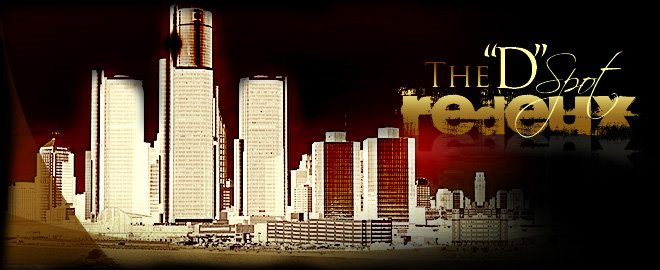
Kwanzaa Daily Greeting: Habara Gani? (What's the news?)
Daily Answer: the name of the Principle of the Day
The second Principle of Kwanzaa is "Kujichagulia" which is Swahili for "Self-Determination".
To define ourselves, name ourselves, create for ourselves and speak for ourselves.
You have choices: you can either name and define yourself or let others name and define you.
You have choices: you can either create your own life or just a consumer of what others decide you should have.
You have choices: you can either speak for yourself or let others tell your life story and history.
Kwanzaa is an African-American and Pan-African cultural holiday
celebrated annually worldwide from December 26 - January 1st.
It was founded in 1966 by Dr. Maulana Karenga to celebrate and reaffirm the roots of people of the African Diaspora in the culture of Africa. Kwanzaa is not a religious holiday or a "Black Christmas". It is a celebration of family, community and culture for all people of African descent.
(For more information on Kwanzaa, please refer to the Official Kwanzaa Website from which much of this information is paraphrased.)
The Symbols of Kwanzaa

A special table is set up during Kwanzaa in a place of honor in the home, community center or wherever Kwanzaa will be celebrated. The Kwanzaa table setting consists of symbols that hold a special cultural meaning to people of the African Diaspora:
Mazao (The Crops): Food from the harvest is placed on the table to symbolize and celebrate the rewards of productive and collective labor.
Mkeka (The Mat): A woven mat is placed on the table as the foundation for the other symbols to celebrate tradition, history and our foundation.
Kinara (The Candle Holder): A wooden (preferably hand-carved) candle holder symbolizes continental Africans.
Muhindi (The Corn): The corn (preferably native corn) symbolizes children today and in the future. It is traditional for the family to have a ear of corn for each child.
Mishamaa Saba (The Seven Candles): The candles symbolize the Nguzo Saba (the Seven Principles) and one candle is lit each night of Kwanzaa until all candles are lit. The candles are lit left/right/left/right, etc. until the last night of Kwanzaa when the middle black candle is lit last.
Kikombe cha Umoja (The Unity Cup): A symbol of the communal spirit of the people of the African Diaspora.
Zawadi (The Gifts): These may include small hand-made gifts for and/or commitments to parents to children and all to the community fior the coming year.
"Kwanzaa" is taken from the Swahili phrase, matunda ya kwanza, which means "first fruits".
Kwanzaa celebrations are based on the Nguzo Saba (Seven Principles):
1) Umoja (Unity); 2) Kujichagulia (Self-Determination); 3) Ujima (Collective Work and Responsibility); 4) Ujamaa (Cooperative Economics); 5) Nia (Purpose); 6) Kuumba (Creativity); 7) Imani (Faith).

No comments:
Post a Comment
Thank you for your comments! Your email address will not be shown or shared!
Due to overwhelming spam comments, this comment forum will now be moderated. No more "anonymous" comments will be allowed.